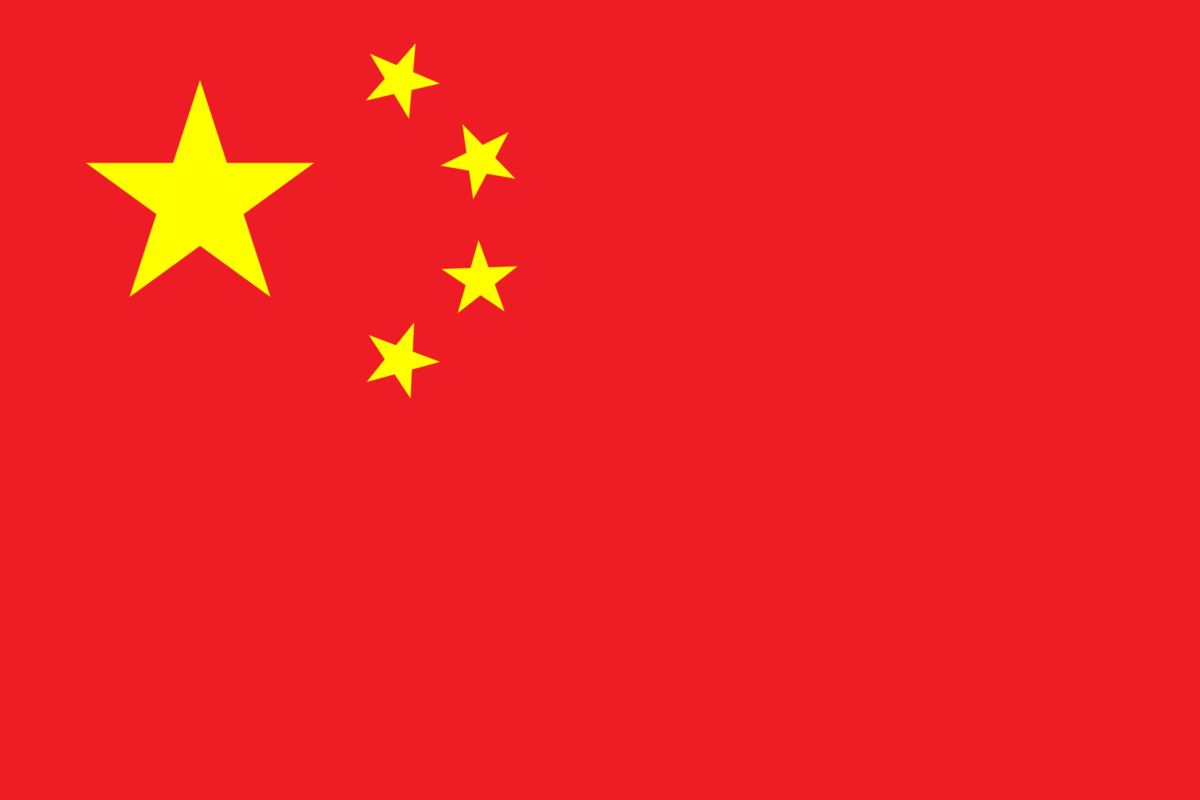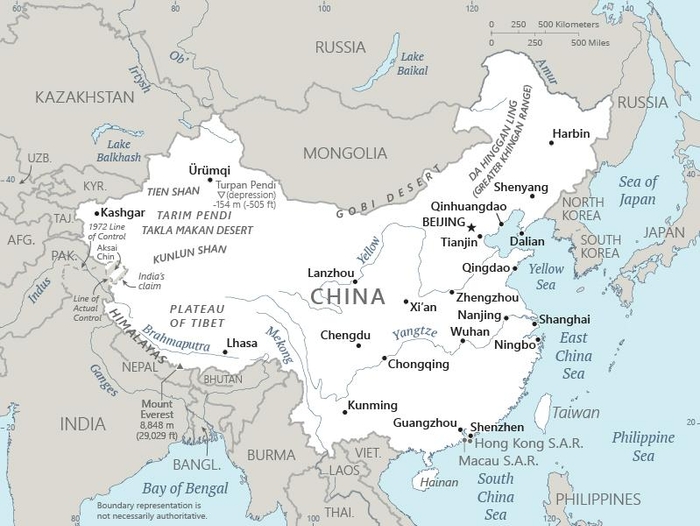Overview
China is the world’s most populous country, with a population of more than 1.4 billion. For centuries China’s political system was based on hereditary monarchy (the so-called Chinese dynasties). This ended early in the 20th Century when the country became a republic. The first half of the 20th Century was marked by an on-going power struggle between nationalists and communists, that resumed after the Second World War and culminated in victory for the Chinese Communist Party (CCP), which had been formed in 1921.
Under the chairmanship of Mao Zedong China was remodelled on Marxist lines. The so-called Cultural Revolution (1966-1976) was a time of great repression. Millions of Chinese lost their lives during those difficult years. All forms of religion suffered. Churches, even those previously sanctioned by the state, were looted and closed, Bibles destroyed and believers arrested and imprisoned.
Mao’s successor, Deng Xiaoping, introduced a number of economic and cultural reforms, and the state sanctioned Three Self Church was restored in 1979. However, the crushing of the 1989 student protests in Beijing’s Tiananmen Square evidenced to the world the continued willingness of the CCP regime to crackdown on any perceived dissent.
What it means to be a Christian in China
Christianity has a long history in China, if only ever as a small minority. In the 19th Century China was a major destination for Protestant missionaries from Europe and the United States. The famous China Inland Mission was established by James Hudson Taylor in 1865. Many missionaries were killed during the anti-foreign Boxer Rebellion at the turn of the 20th Century, but it was after Mau’s CCP had established the People’s Republic of China in 1949 that Christian missions began to withdraw.
The Three-Self Church was founded in 1954; its three-fold aim of self-governance, self-support and self-propagation serving to remove foreign influence and to ensure patriotic support of the government. However, the ruthless crackdowns during the Cultural Revolution drove Christianity underground giving birth, in the providence of God, to a vigorous, evangelistic house church movement.
Since that time Christianity has been growing remarkably in China, particularly among the unregistered churches, despite on-going opposition.
Persecution
Article 36 of China’s constitution states: “Citizens of the People’s Republic of China enjoy freedom of religious belief. No state organ, public organisation or individual may compel citizens to believe in, or not to believe in, any religion; nor may they discriminate against citizens who believe in, or do not believe in, any religion.” In practice, however, this protection extends only to religions and religious groups that are willing to submit to state control.
In recent years the persecution of Christians has been steadily increasing in China. For many years it was just the ‘unofficial’ churches that were the target, but in recent years even state-registered churches have come under pressure. In some instances crosses have been removed from buildings; sometimes whole buildings have been demolished. Christians have been banned from holding prayer meetings in their homes and those under the age of 18 are not allowed to attend Christian meetings. Christian leaders have been imprisoned, usually on charges of supposedly opposing the state in some way. Anything that does not promote Chinese communist ideology is branded ‘un-Chinese’ and efforts are increasingly made to remove it.
While Christian organisations in the West make increasing use of Internet technology, the authorities in China monitor all such usage and use this to target Christian leaders. New laws have come into effect controlling religious content online. The authorities have even declared that using the name “Christ” violates regulations regarding Internet information services.
Release International work
Release International supports a variety of work aimed at helping the persecuted Church in China, through Operation Acts and Operation Malachi. This includes the provision of a discipleship programme from another country; providing both emergency and on-going support for the families of those imprisoned for their faith; the support of legal defence work; funding of some full-time church leaders and support for the provision of Bibles and other teaching materials.

